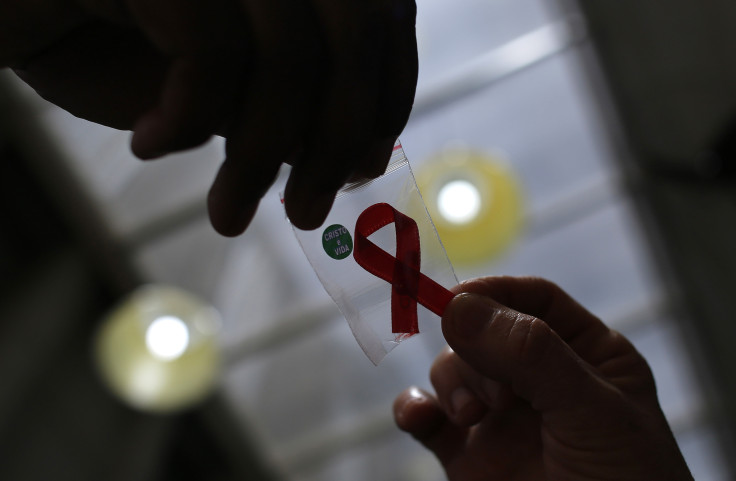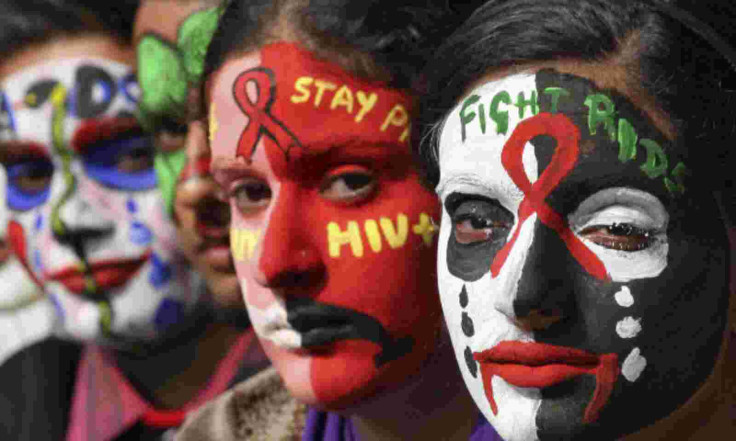HIV patients are susceptible to psychosocial challenges, study suggests
New research from HIV/AIDS experts shows that patients with HIV are vulnerable to psychosocial challenges such as anxiety, depression, substance abuse and more.

New research conducted by medical experts and researchers shows that patients living with HIV are particularly vulnerable to psychosocial challenges such as anxiety, depression, loneliness, substance abuse and more. HIV/AIDS expert, Michael Horberg, MD, co-authored the study and published the findings in AIDS Research and Therapy, a peer-reviewed medical journal.
By analysing the results of a 2020 survey of 900 participants based in Washington, D.C., which asked the patients to rate the degree to which they experienced mental, social and financial difficulties, the researchers evaluated how different demographics experienced various psychosocial challenges, along with which groups were most vulnerable.
Dr Horberg, who is also the associate medical director and head of the Mid-Atlantic Permanente Research Institute, commented on the location of the study, stating: "D.C. was an important place to conduct this research, as it is both a HIV hot-spot and was a COVID-19 hot-spot during various points of the pandemic."
According to the results of the survey, 77 per cent of participants reported deeply struggling with their mental health during the peak of the COVID-19 pandemic. Additionally, 50 per cent reported feeling anxious, whilst 46 per cent admitted to experiencing a decreased quality of life. Over a third of the participants reported feeling depression, and half reported decreased social connections.
In terms of substance abuse, the researchers discovered that more participants reported a significant increase in alcohol consumption when compared to illegal drug use. It was found that the participants who effectively managed their HIV were less likely to report an increase in alcohol or drug use, with males considered to be more likely to increase substance abuse than females.

A further 55 per cent of participants reported experiencing financial strain during the pandemic, with 34 per cent reporting a significant decrease in household income. Incidentally, a large number of patients reported great difficulty in acquiring food, with even more reporting difficulty in paying rent, utility bills and mortgages.
Researchers made an interesting discovery when older patients were shown to be considerably less likely to experience negative psychosocial challenges. The researchers theorised that old age is a probable safeguard against these challenges due to having more life experience, being able to connect more effectively with necessary resources, having stronger social connections and being less likely to develop substance abuse disorders.
Dr Horberg commented: "We found older patients were far more resilient compared to younger patients. I think this demonstrates the importance of being socially secure when trying to weather intense stressors like the pandemic."
The authors announced that all vulnerable individuals who suffer from HIV, and those who are at a high risk of contracting HIV, may suffer more due to the waning pandemic and the fact that emergency intervention programmes are being removed.
"People with HIV were already at an increased risk of psychosocial challenges, the pandemic only exacerbated these problems," Dr Horberg said. "When we remove emergency pandemic relief efforts, we are taking away potential lifelines. It shows we need to do a better job ensuring our vulnerable populations have access to the care they need, regardless of the pandemic."
© Copyright IBTimes 2025. All rights reserved.






















